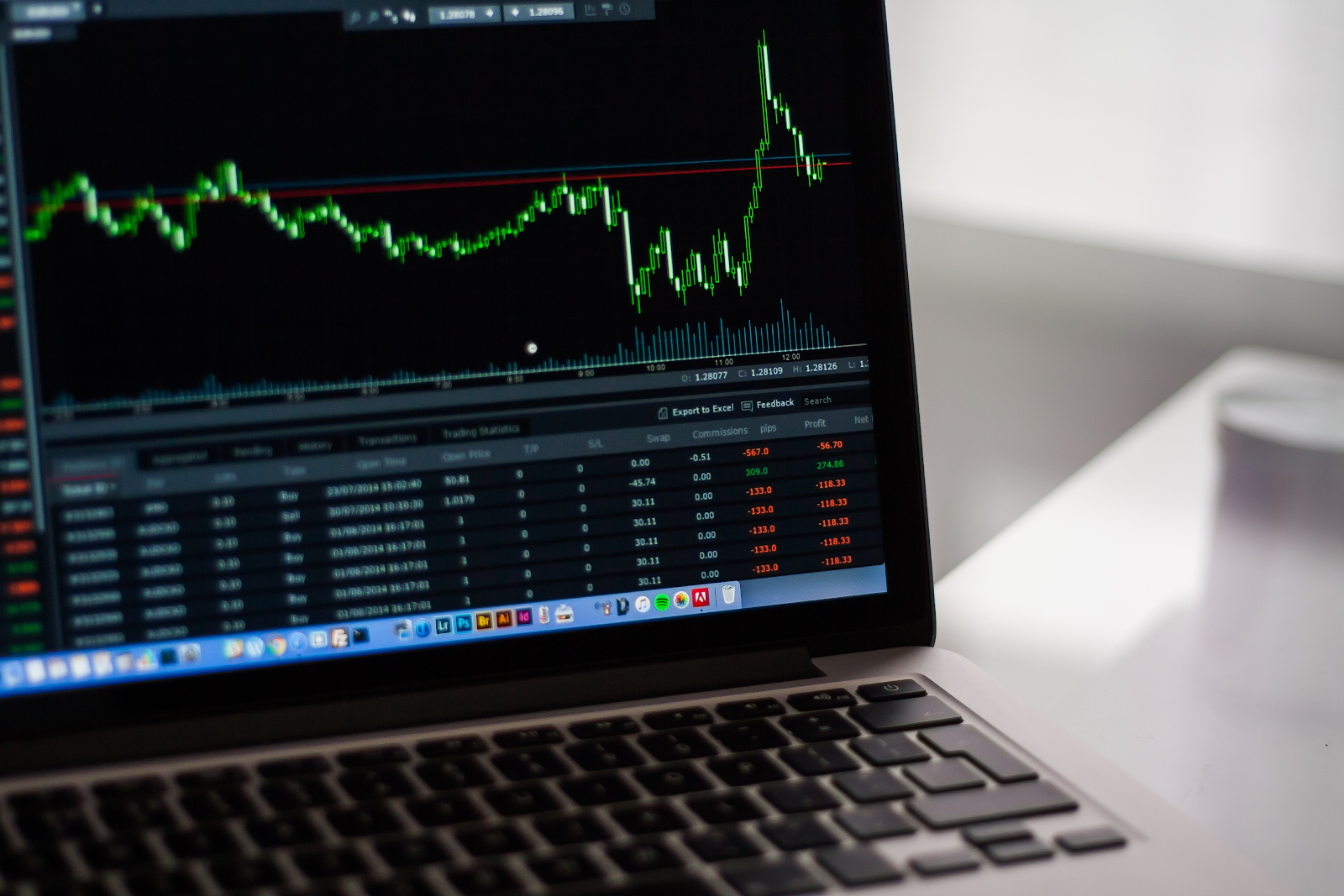The Internet has changed the shape of almost everything in our lives: education, social interactions, and the financial sector, including revolutionary technologies that change the stock market. But if you are not a broker or an investor, you may not have heard about the stock market changes.
How did the Internet affect the financial markets?
When thinking about the stock market, the first thing that may pop up into your mind is the New York stock exchange. The yelling traders, lots of computers, the mess, and noise around them. And now, imagine that the revolutionary stock market technologies have completely changed the game. In what ways? Was the effect positive or negative? Let’s find out together.
The Emergence of Electronic Trading
Since the late 80s, new stock market technologies have been setting new trends. One of them is the development of Internet trading. Information technology is the best fit for the finance market, as it helps boost efficiency and, most importantly – speed. Nowadays, rocket-speed computers can close the investment deal in a few nanoseconds, much faster than humans. The success of automated trading services is going to continue in 2021 and offer even better features.

Direct Mail Campaigns
Such campaigns are beneficial to quickly get access to stock prices, websites, and online newspapers, such as The Financial Times and Wall Street Journal. They enable subscribers to receive notifications about changes immediately and enhance their experience. Using them, traders will invest more wisely. Big Data and Artificial Intelligence tools can be applied in stock trading apps to analyze market behavior.
Quick data accessing
The latest stock trading technologies give access to all a company’s data. More investors can effortlessly and quickly find important information concerning any company, including:
- reports about company income provided by the Securities and Exchange Commission (SEC);
- presentations made to potential investors during the business conferences;
- current stock prices;
- updates concerning the company and its stocks.
On the other hand, businesses can monitor their stock performance and investor reactions in real-time. Convenient app design is crucial in stock market apps. It all leads to well-informed financial advisers, investors, and companies. Another bonus of stock market apps is that individual investors get the same opportunities as financial intermediaries. Many websites offer this information for free, while others charge fees for providing specific info and tips.
Enhanced communication
Stock market app development has helped solve many investor problems by providing an opportunity for better interactions between enterprises, brokers, and financial advisers. Immediate notifications about changes and instant reactions via the trading app bring substantial advantages for the overall market situation. Easy and fast management of trading deals saves lots of time and effort in such a tricky sphere as stock trading.
Reduction of fees for investors
Many investors, who deal with retail, noticed a substantial drop in commissions fees to trade stocks. The emergence of online brokers, who charge a relatively low fee for their services, has reduced the influence of full-service brokers. Earlier, they almost entirely controlled the market and set unreasonably high commissions compared to those available now.
To summarize, with the help of technology, the stock market has become a significantly more convenient place to invest money. But did this technological development bring only a positive effect? The answer to this question is No. There have also been many negative consequences, which have led to the deterioration of the market situation. Some of them are still taking place now. So it would be better to get acquainted with them directly and not to be trapped later.
The negative impact of stock market applications
Things have not always been so optimistic in the stock market. The new tendencies allowed numerous digital manipulations. Many companies can make initial public offerings at a much lower cost than in the past, opening the door for less legitimate companies to become publicly traded.
Another adverse effect has been misinformation, especially via popular social media sites, such as Twitter. In some cases, misinformation causes stock prices to fall, such as fake news reported about bogus negative events.
On the contrary, several shady companies will deliberately start misleading or false positive rumors to increase stock prices and encourage investors to buy shares. This scheme is known as a “Pump and dump.” Sometimes, even celebrities are involved in this scheme, such as famous rap artist 50 Cent. Insiders sell their shares during the pump, making lots of money, while victims of the pump and dump who bought shares believing the false information lose money when the share price falls due to the insider selling.
To avoid such manipulations, analyze the company information thoroughly and avoid spontaneous decisions concerning the investments. Make sure that the rise or fall in prices is based on something more than tweets or rumors. Another thing is that you need to monitor the suspicious changes in the stock price.
The bottom line
Internet and mobile app development are great things, which influence every sphere of our lives. The stock market is not an exception. Technologies have turned the way everything functions in the markets upside down. The substantial benefits include electronic trading, fast access to almost any vital company data, and improvements in communications between investors, brokers, and companies. High-speed information transmission is the central tendency, and it will continue to grow. However, the effect is not all favorable. Some manipulations, such as misinformation to gain profit, now take place quite often. But if you are attentive enough to notice strange and suspicious changes, you will easily avoid them.
